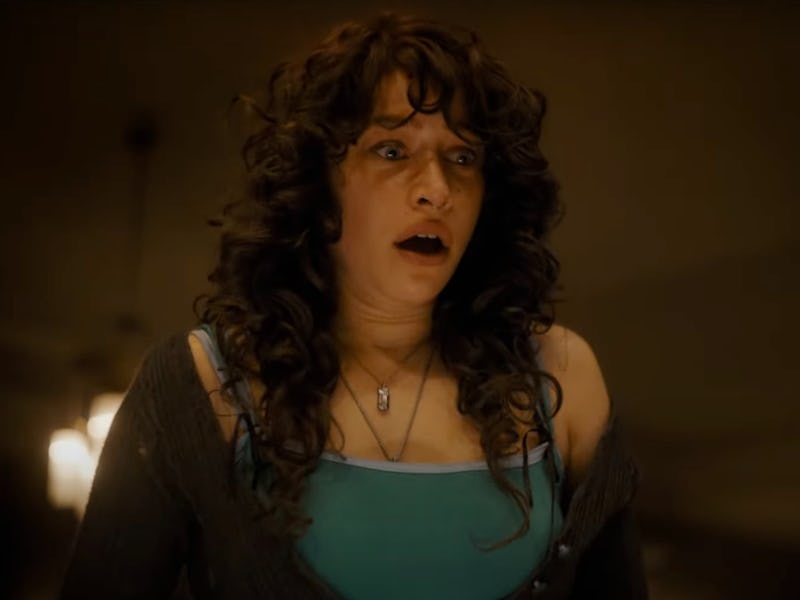Until Dawn Trailer Reveals A Risky New Video Game Adaptation Trick
When you can’t choose, try everything.

We’re in a Golden Age of video game adaptations, at least if you can forget that Borderlands happened. In 2023, The Last of Us took one of the most cinematic video games ever and not only adapted it, but expanded it into one of the year’s most moving shows. Then, in 2024, Fallout managed to turn an open-world game into a cohesive series by carefully separating it from the greater canon.
Now, another video game adaptation is using a classic movie trick to replicate the feeling of holding the controller. Will it translate to the big screen, or is it just a gimmick?
Sony Entertainment is adapting its hit horror game Until Dawn into a movie starring Ella Rubin, Michael Cimino, Odessa A’zion, Ji-young Yoo, Belmont Cameli, and Maia Mitchell as young adults trying to survive a night inside a creepy house. But this isn’t your ordinary horror movie; director David F. Sandberg explained Until Dawn’s twist on the genre in a new sneak peek.
The game used butterfly effect-style decisions, meaning small choices at the beginning would have huge consequences on the story later. It also forced players to use an autosave system, meaning you couldn’t load an old save and re-do a plot-dependent choice. You either had to live with your regrets, or completely restart the game.
The movie obviously can’t adapt this, as there’s no choose-your-own-adventure mechanic for a film. Instead, it’s using a time loop trope: whenever a character dies, they wake up at the start of the night, essentially “restarting” their attempt like a player would.
Peter Stormare appears in the sneak peek as Dr. Hill, but he doesn’t look entirely clinical.
That’s not the only surprise here, as Peter Stormare is shown reprising his game role of Dr. Hill, the fourth-wall-breaking character who speaks to the player between chapters. Will the movie keep that part of the story as well, and have Stormare address the audience directly?
Time loop horror movies are nothing new — Happy Death Day found tremendous success in a simple Groundhog-Day-esque structure — but this is also a unique attempt to capture the feeling of playing a game and wondering about just how much control you have over the story. You may not be holding the controller anymore, but if Until Dawn does its job, the suspense should remain.